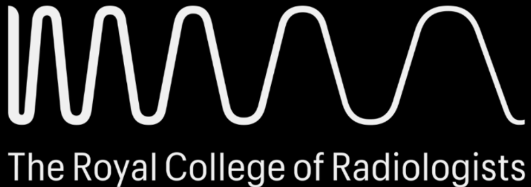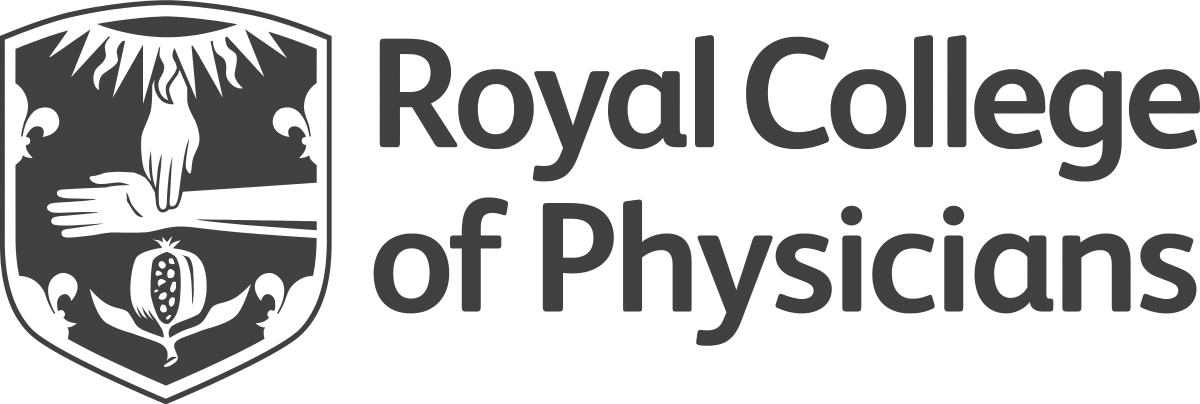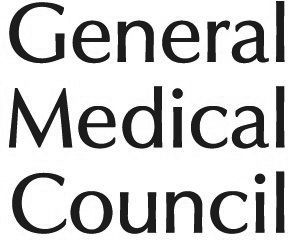Prof. Andrew Tutt, Consultant Clinical Oncologist
Prof. Andrew Tutt
Consultant Clinical Oncologist
Prof. Andrew Tutt PhD FRCR MRCP MB ChB
Consultant Clinical Oncologist
Prof. Andrew Tutt
Consultant Clinical Oncologist PhD FRCR MRCP MB ChB

Areas of expertise
- Clinical oncology
- Breast cancer
- Biological therapy
- Chemotherapy
- Radiotherapy


Recommendations for Prof. Tutt
These recommendations are for information purposes only. Doctors providing recommendations do so in good faith and are not responsible for clinical outcomes.






Recommended by:
Make an appointment
Address
-
London Bridge Hospital
27 Tooley Street, London, SE1 2PR
-
London Bridge Hospital Radiotherapy
Borough Wing, Lower Ground Floor, Guy's Hospital, Great Maze Pond, London, SE1 9RT
-
Private Care at Guy's at London Bridge Hospital
Great Maze Pond, London, SE1 9RT
-
LOC - Leaders in Oncology Care
95-97 Harley Street, London, W1G 6AF
About Prof. Andrew Tutt
Professor Andrew Tutt is a Consultant Clinical Oncologist specialising in breast cancer. He is based at Guy's Hospital Breast Unit and also performs private work. Additionally, he is a Professor of Oncology at King's College London School of Medicine. He qualified in medicine in 1990 and completed his postgraduate training at various hospitals across the UK. After his clinical oncology training at the Royal Marsden Hospital London, he was awarded a Doctoral Research Training Fellowship at The Institute of Cancer Research, London, where he earned his PhD in cancer biology.
Professor Tutt is deeply involved in clinical research and has published numerous papers on breast cancer. His primary research areas include 'triple negative' and BRCA1 and BRCA2 associated breast cancers. He has led several international trials of drug therapies and research programmes in these fields. He is frequently invited to speak at major European and North American cancer medicine conferences.
He is a member of the St Gallen International Breast Cancer Consensus Panel, which develops guidelines for breast cancer treatment. He is also part of a UK team that trials new techniques in breast radiotherapy. His expertise includes biological therapy, chemotherapy, and radiotherapy, focusing on treating breast cancer. Professor Tutt has been in his current role since 2003.
Areas of expertise
- Breast Cancer
- Chemotherapy
- Radiotherapy
Professional memberships



Articles by Prof. Andrew Tutt
Histological scoring of immune and stromal features in breast and axillary lymph nodes is prognostic for distant metastasis in lymph node-positive breast cancers: prognostic value of histological immune and stromal features
Application of a risk-management framework for integration of stromal tumor-infiltrating lymphocytes in clinical trials
Homologous recombination dna repair deficiency and parp inhibition activity in primary triple negative breast cancer











